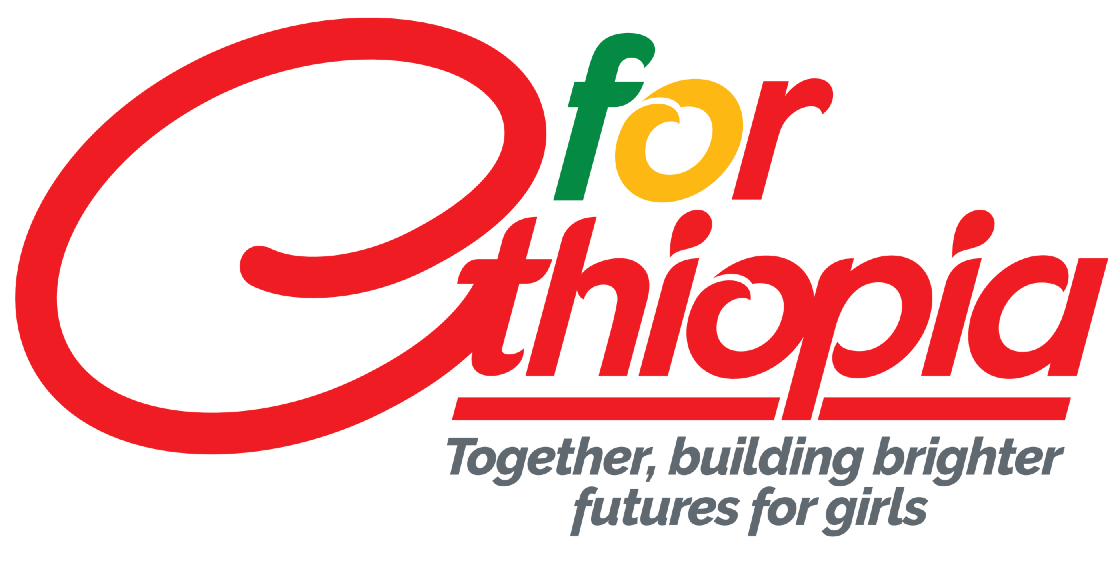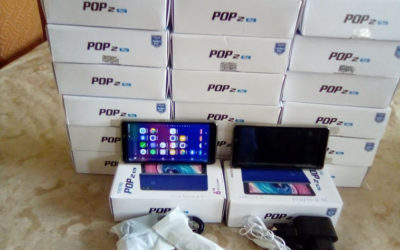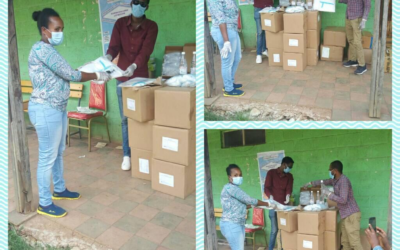Health
The Ejere region (population 100,000) has 4 health centres and 27 rural health posts. Each post is staffed by health extension workers (HEWs) – young women who have had nine months training – and each serves around 4000 people. In the health centres there are more facilities. A simple lab with trained lab technicians, a limited pharmacy with a pharmacist and a delivery suite with trained nurses and midwives. There are also administrative staff and one ambulance. There are, however, no doctors.
For Ethiopia has provided furniture and medical equipment to every health post in the region. Since 2005 this has included basic furniture, examination couches, medicine cabinets, stethoscopes, blood pressure gauges, infant scales, sterilising equipment and sustainable solar powered fridges.
The community asked us for refrigerators. In 2011 we piloted our first solar fridge in Beso. Installation and training was given to the clinic workers and a local electrician by Solarsense-UK. This proved such a success that 7 more were installed in 2012/13. Reaching the furthest health posts with cold storage has reduced vaccine wastage from over 33% to virtually zero.
More recent projects are concentrating on delivery suites in the Health Centres. Our current campaign, Women and Children First, is aimed at helping to reduce the maternal and infant mortality. Supplying light and running water is the first requirement!
The Ilu Aga clinic serves a population of over 7000. It has no power or running water. The lack of electricity means that immunisation campaigns have to take place within the limited time that insulated coolers can sustain the vaccines.
Access to Ilu Aga from Addis Alem involves a 1.5 hour 4×4 journey along bumpy tracks followed by a 30-45 minute hike over hills.
Latest Health News
November Newsletter
We are all adjusting to the realities of the pandemic. Schools are re-opening, and we are assisting with this. In Toby’s House, we have rearranged things so that the girls are in year bubbles for working, cooking, eating washing and sleeping, but the huge success has been the arrival of their mobile phones…
September Newsletter
Happy Ethiopian New Year 2013!
July Newsletter
In Ethiopia, as in the UK, Covid-19 remains a major problem. Considerable efforts are being made by the government – encouraging social distancing, closing schools and setting up food-banks. They are testing for the virus, but capacity is limited. Unfortunately it already shows evidence of community spread.
Donations
For-Ethiopia prides itself on low overheads, ensuring that a significant portion of your contribution goes straight to impactful projects in Ethiopia.
By choosing For-Ethiopia, you can be confident that your generosity is making a tangible difference in the lives of those who need it most, helping to break the cycle of poverty and build a more hopeful tomorrow.
Contact us
© 2025 For-ethiopia – Registered Charity 1108526 (England and Wales)
For Ethiopia - 34 Bibury Crescent, Bristol, BS9 4PW



